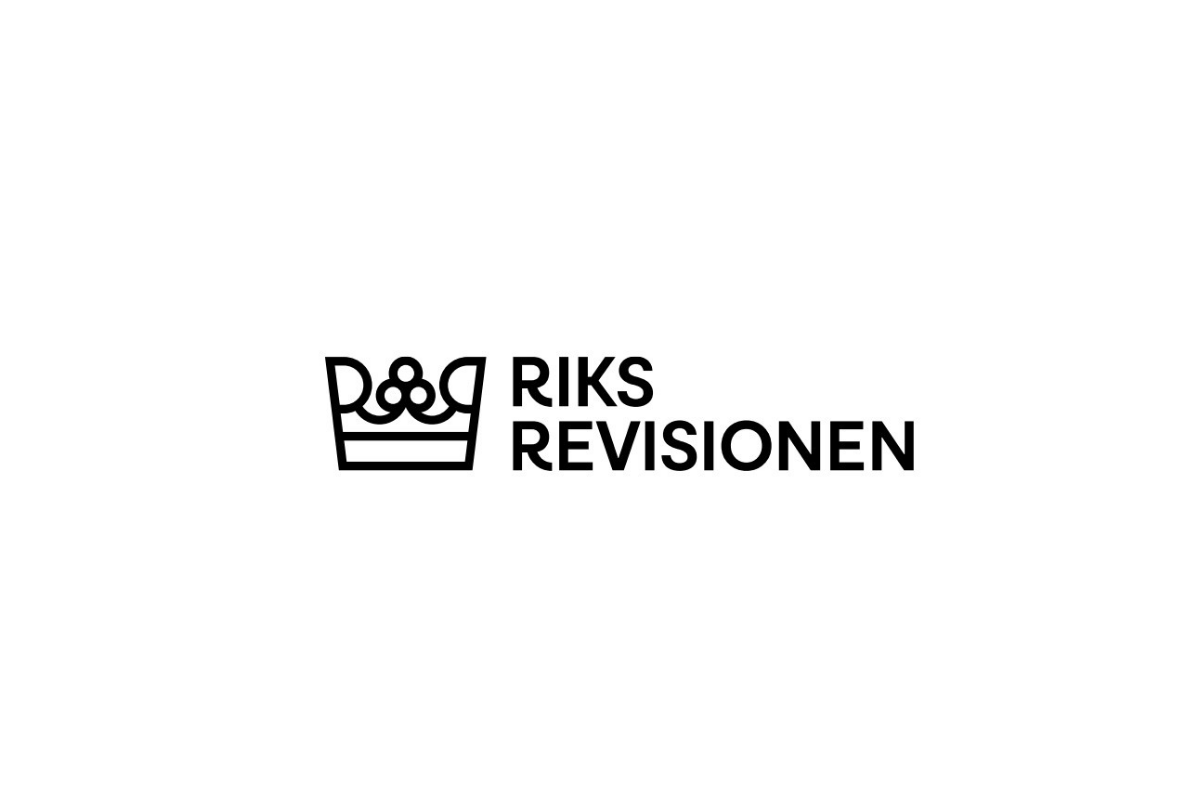Press Releases
Swedish Gambling Authority’s supervision of the gambling market

The Swedish National Audit Office has examined the Swedish Gambling Authority’s supervision of the Swedish gambling market. The overall conclusion is that supervision is not sufficiently effective to meet the expectations expressed by the Riksdag and Government in connection with the reregulation of the gambling. market. This particularly concerns the fact that the Swedish Gambling Authority conducts few inspections, but also that its choice of which actors are selected for supervision is not based on well-founded risk analyses. The Swedish Gambling Authority also does not sufficiently follow up whether the supervised entities rectify the identified deficiencies.
On 1 January 2019, a license system was introduced for the Swedish gambling market. Under this reform, in principle all gambling for money must be operated under public control to protect players and to ensure revenues to the Government and for the purpose of public benefit. Essential preconditions for achieving the aim of the reform included substantial channelling of gambling to licensed operators and their compliance with the regulations. The Swedish Gambling Authority’s supervision of both the unlicensed and the licensed markets thus plays a central role in the reregulated system.
The Swedish National Audit Office considers that supervision in the form of inspection, in which individual license holders are examined and non-compliance has consequences is particularly important when there is a high risk of regulatory violation. From this perspective, the number of inspections of commercial online gambling and betting has not been sufficient in recent years. In the submarkets. where central government and public good have exclusive rights, supervision has been very limited in recent years. The Swedish National Audit Office considers that the perception and credibility of the system is directly linked to the regular supervision of all types of licenses and forms of gambling.
The Swedish Gambling Authority’s supervision of unlicensed gambling is important, as illegal gambling can undermine the legitimacy of the licensing system. At the same time, it can be recognised that, in practice, the Swedish Gambling Authority’s possibilities to take measures against illegal gambling are limited. The lack of clarity in the Gambling Act also hampers these efforts. This lack of clarity has been pointed out in the past without the Government taking initiatives to address the problem.
The Swedish Gambling Authority has given supervision lower priority in relation to competing tasks. These include license and permit applications, as well as government assignments and other tasks that have been added gradually without the addition of corresponding resources to the Authority. All in all, this has contributed to the limited scope of supervision. The Government has been aware of these circumstances but has not take of of informed the Riksdag.
The reregulation of the gambling market has involved a radical reform, implemented at a high pace. For the Swedish Gambling Authority, the initial years have entailed an intensive period of development. At times, adequate solutions have been arrived at quickly, while in other cases, the process has been more protracted. On the whole, the Swedish Gambling Authority has established appropriate processes and support for supervision and for managing conflicts of interest. However, the Swedish Gambling Authority has so far not followed up on the results of its supervisory decisions. The Authority therefore does not know whether the identified deficiencies have been rectified and thus lacks knowledge of whether the use of inspections has been cost- effective. The Swedish Gambling Authority also needs to develop its planning process for supervision; for example, its risk analysis needs to be more systematic.
The Gambling Act, which forms the basis of today’s licensing system, was designed as a framework law to allow regulation to be adapted to the rapid development in the gambling market. The Government has initiated several amendments to the Act and decided on several amendments to the ordinances to adapt the regulations and give the Swedish Gambling Authority increased powers and new tools. This is a positive development, according to the Swedish National Audit Office. The Government must continue to actively monitor developments in the gambling market and, if necessary. take measures to further develop the regulatory framework and ensure that the Swedish Gambling Authority has sufficient powers and effective tools for its supervision.
Recommendations
The Swedish National Audit Office makes the following recommendations.
To the Government
- Ensure that the Swedish Gambling Authority has the conditions to carry out effective supervision to a sufficient extent.
- Ensure that reliable and accurate information on the scope and results of the supervision are produced and inform the Riksdag accordingly.
- Investigate the question of the scope of the Gambling Act in order to clarify in what cases online gambling is covered by the Gambling Act. In this context, consider the possibility of expanding the scope.
To the Swedish Gambling Authority
- Develop the arrangements for planning, managing and following up supervisory activities. This should include systematic risk analysis. There should also be longer-term planning, in addition to the annual supervisory planning.
- Work actively to increase the scope and effectiveness of the Authority’s inspections of both the licensed and unlicensed gambling markets. This should include an examination of the conditions for reallocating resources within theu Authority.
- Continue to develop the Authority’s methods and support for supervisory activities. This should include procedures to verify that the supervised entities rectify the identified deficiencies.
The post Swedish Gambling Authority’s supervision of the gambling market appeared first on European Gaming Industry News.








